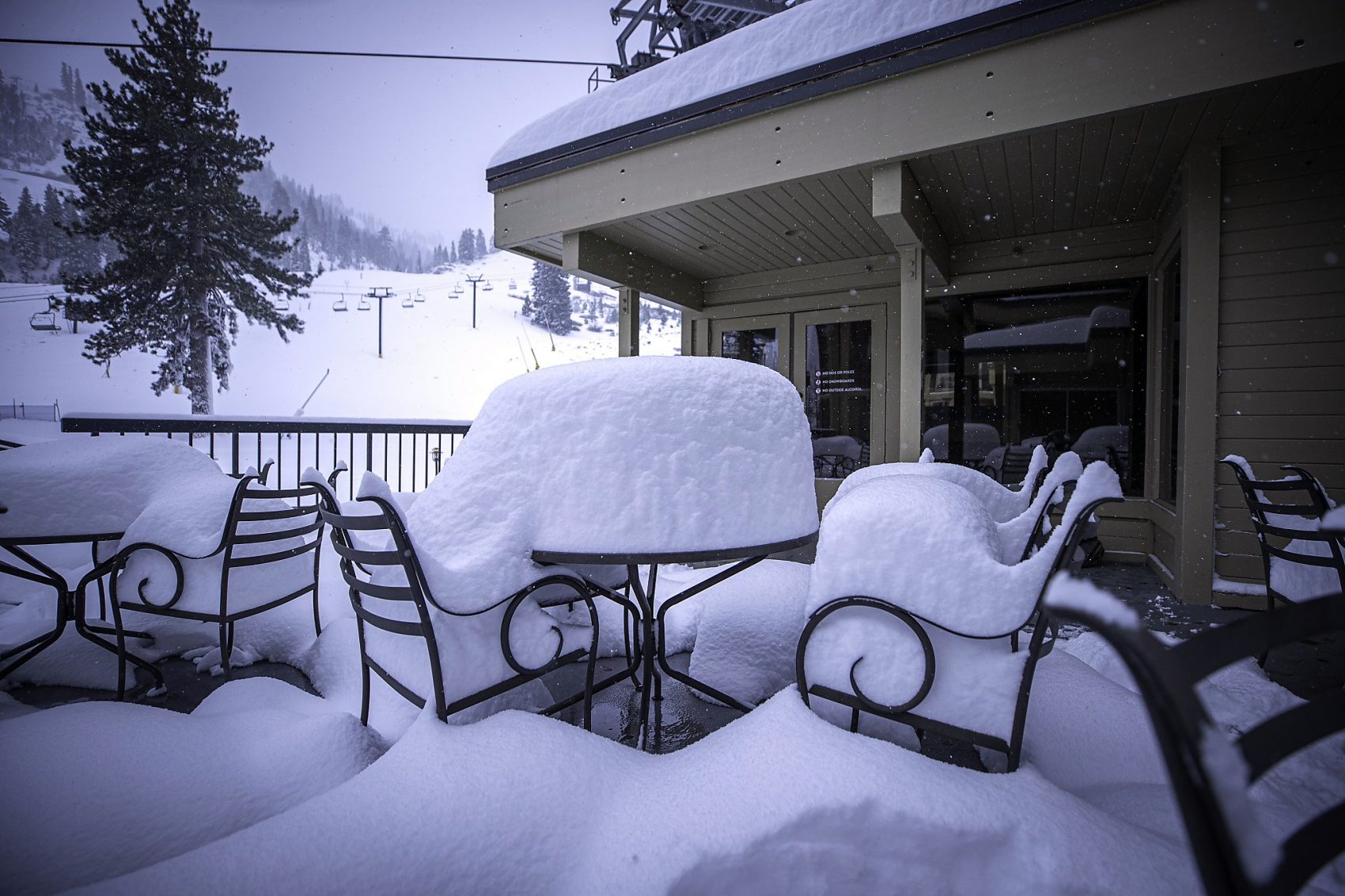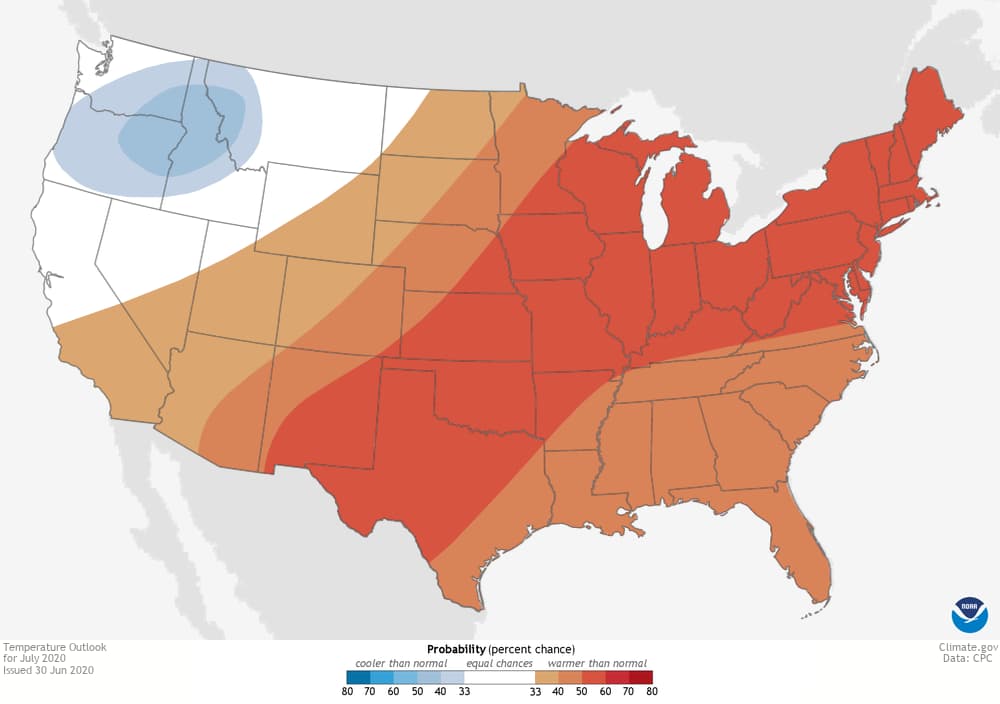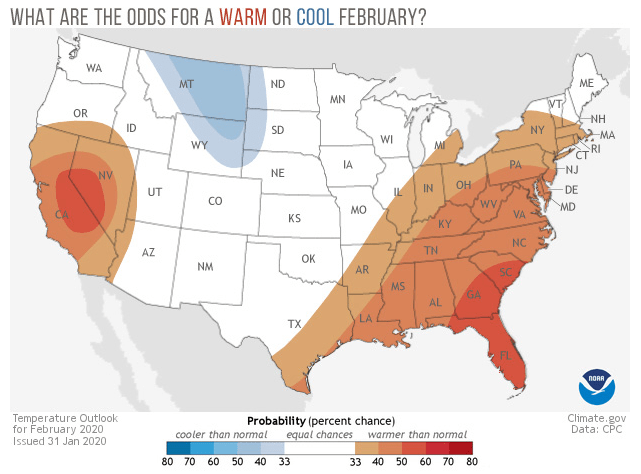
A massive snowstorm is currently hitting the Sierra Nevada and Lake Tahoe region dumping three to six feet of snow by the end of the week. A few weeks ago, the region was ravaged by high winds and dry conditions which sparked wildfires throughout California. This dramatic shift in the region’s climate is only expected to get worse, and this “precipitation whiplash” has provided valuable insight into what the weather will look like over the next century.
Unfortunately, the outlook on the region’s climate is grim and it’s expected to become more unpredictable over the next 80 years. For example, the storm that is on its way this week is expected to bring more rain than snow. This an exact example of a warming issue the region is facing, which until now, was thought of as an issue of the future.

However, environmentalists believe the future has already arrived for California and Nevada as they are experiencing both drier and wetter seasons. Winter will become shorter, fall and spring will be drier, and the fire season will extend wreaking greater havoc to the already fragile climate. The recent years have provided testament to the fact this is already playing out across California. This crisis is expected to wipe out Tahoe’s ski industry.
The Lake Tahoe region is predicted to have a temperature increase from 3.6 to 9 degrees before the year 2100. This extreme heat will cause a climate crisis that will disrupt the cyclical process which mixes the water layers keeping the lake so blue.
The storm began Tuesday evening with heavy snow on Thursday ranging from 32 to 77 inches. Unless something progressive is done to mitigate climate change in the region, numbers like this will be non-existent by 2100. Snow levels are expected to rise more than 9,500 feet leaving Tahoe 500 feet below that mark. This is estimated to cause a loss of $268 million annually, as dozens of ski resorts will be unable to operate. In the meantime, efforts in climate adaptation, solar power, and more efficient systems have been the topics of discussion.





